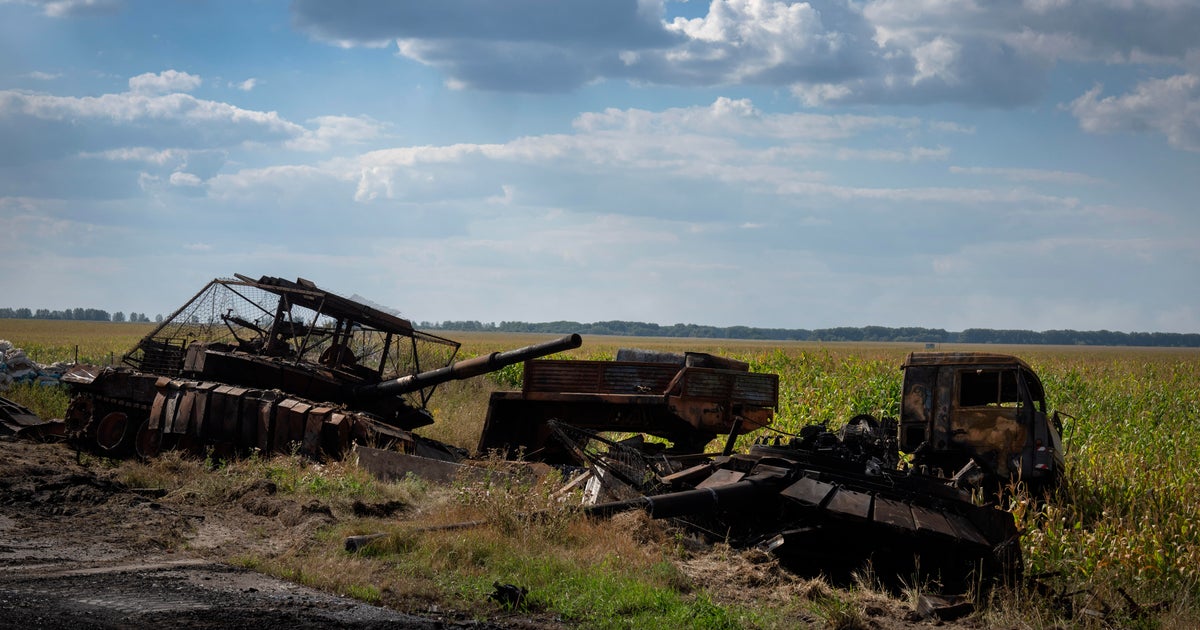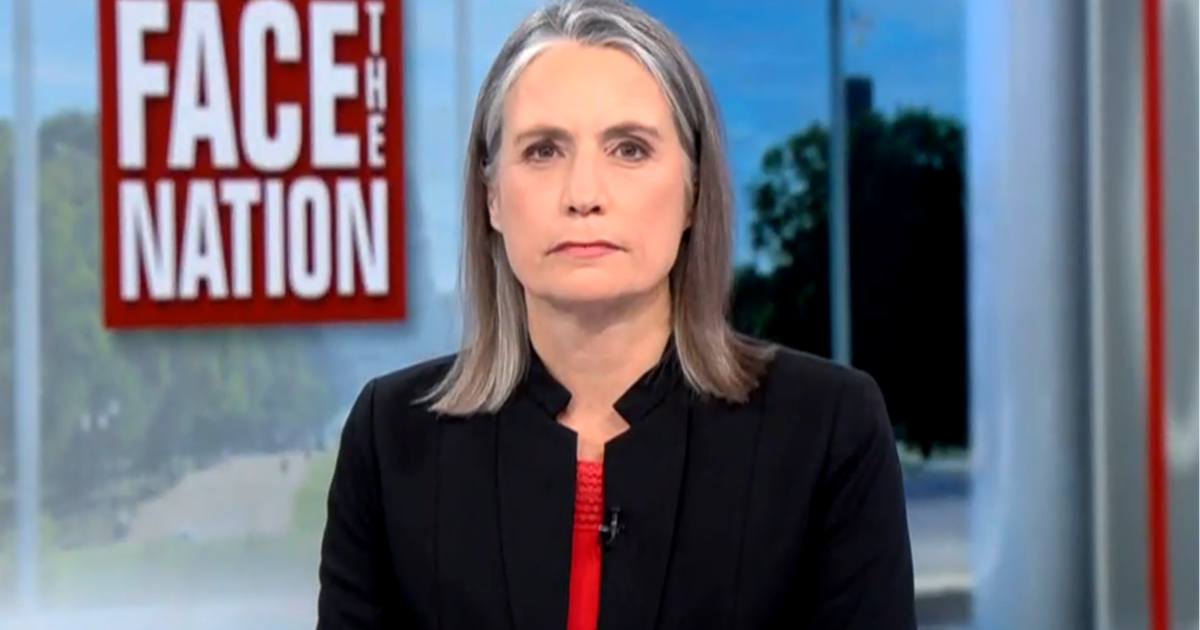Brits give Russia ultimatum over poisoned ex-spy
LONDON -- British Prime Minister Theresa May has given Russia until the end of Tuesday to respond to allegations that it used a rare nerve agent to attack a former spy on English soil. If they fail to provide what the U.K. government deems a credible explanation of the attack on Sergei Skripal and his daughter, May has promised Moscow "extensive" retaliation.
May issued the demand for an official response after revealing that the powerful chemical nerve agent Novichok -- a weapon developed by Moscow decades ago -- was used to poison the former double agent. She said it was "highly likely" the Russian state was involved in the attack.
Secretary of State Rex Tillerson (who was replaced on Tuesday by President Donald Trump) backed up the accusation, calling the attack "almost beyond comprehension" and saying the nerve agent "clearly came from Russia." He promised a NATO response if it is determined that Russia was behind the attack.
Later on Tuesday President Donald Trump responded for the first time to the attack in Salisbury.
"It sounds to me that it would be Russia based on all the evidence they have," he told reporters outside the White House. "As soon as we get the facts straight, if we agree with them, we will condemn Russia or whoever it may be."
Russia has appeared unfazed by the fast-escalating accusations. President Putin has repeatedly dismissed the allegations, saying Britain has provided no proof of Russian involvement. On Tuesday the Russian Foreign Ministry said it would not reply to the allegations until Britain provided samples of the nerve agent used.
The Foreign Ministry went so far Tuesday as registering an official diplomatic protest with British Ambassador Laurie Bristow in Moscow over what the Kremlin calls the "groundless" accusations.
But on Monday night, May struck a tough tone, saying Britain would "not tolerate such a brazen attempt to murder innocent civilians on our soil."
The attack with a military grade nerve agent in the center of Salisbury, in southwest England, left only two plausible explanations as far as May was concerned; "either it was a direct act by the Russian state against our country, or the Russian government lost control of this potentially catastrophically damaging nerve agent and allowed it to get into the hands of others."
Britain's representative to the global chemical weapons watchdog gave a similarly damning report to that organization on Tuesday, telling fellow delegates he never expected "to have to brief this Council on the first offensive use of a nerve agent of any sort on European territory since World War Two."
"The stark conclusion is that it is highly likely that Russia, a fellow State Party to the Chemical Weapons Convention (CWC), is implicated in chemical weapons use, whether by failure to control its own materials or by design," British delegate to the Organisation for the Prohibition of Chemical Weapons (OPCW) Peter Wilson said.
"This attempted murder, using a weapons-grade nerve agent in a British city, was not just a crime against the Skripals. It was an indiscriminate and reckless act against the U.K., which put the lives of innocent civilians at risk."
CBS News correspondent Charlie D'Agata reports that investigators have identified the substance used in the attack as part of the Novichok family of nerve agents developed by the Soviet military in the late 1970's and 80s.
"It's about at least five-times more deadly than VX, which is one of the most deadly chemical agents," Andrew Weber, former Assistant Secretary of Defense for Nuclear and Biological Defense Programs, tells CBS News.
The chemicals cause paralysis and convulsions until victims are unable to breathe -- capable of delivering an excruciating death in less than two minutes.
Prime Minister May listed a litany of recent Russian transgressions against the U.K. and allies, including the U.S. Among her evidence of Russia's belligerence on the floor of the British Parliament Monday was the digital modelling of warheads striking Florida that Putin first touted just days earlier.
Russia has dismissed the poisoned spy accusations as a "circus show." Asked whether Russia was to blame, Putin said flatly, "Get to the bottom of things there, then we'll discuss this."
As for retaliation, May could opt for the traditional response of expelling diplomats and freezing assets. Analysts say those measures would be far more effective if they were backed up by Britain's allies, like the United States.



